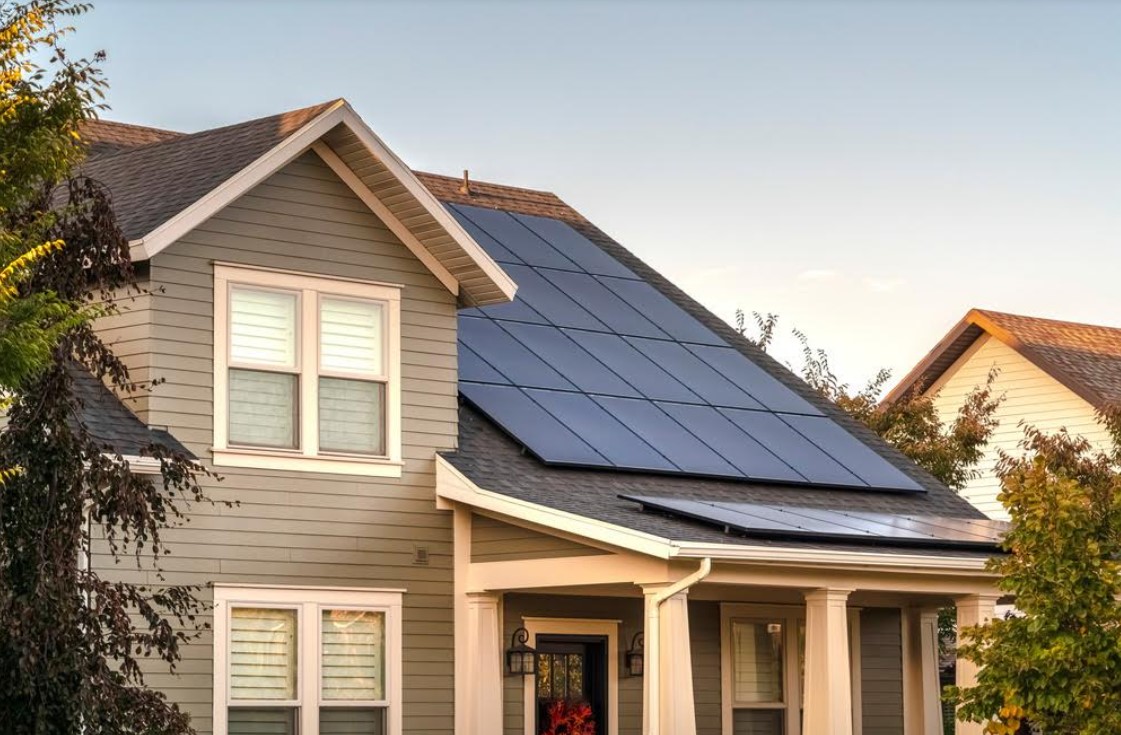
Solar energy is transforming the way we power our lives. As a clean and renewable source of energy, solar technology is playing an essential role in addressing climate change and reducing our dependence on fossil fuels. If you are considering going solar, this guide will provide you with the information you need to make an informed decision.
What is Solar Energy?
Solar energy originates from the sun’s radiation, which can be harnessed using the photovoltaic effect. Solar cells made of semiconductor materials like silicon convert sunlight into electricity. These cells are grouped together to form solar panels, which can be mounted on roofs or ground structures.
Components of a Solar Power System
The good folk at Vivint Solar explain that a home solar panels system consists of several components, including:
- Solar panels: These capture sunlight and convert it into direct current (DC) electricity.
- Inverters: These devices convert DC electricity into alternating current (AC) electricity, which is used by most household appliances. Inverters come in three varieties: string inverters, micro-inverters, and power optimizers.
- Mounting and racking systems: These secure solar panels to your roof or ground structure, ensuring proper alignment and stability.
- Battery storage: Optional but recommended, batteries store excess solar energy for use during nighttime or cloudy days.
- Monitoring and control systems: These allow you to monitor your solar power system’s performance and make adjustments as needed.
How to Choose the Right Solar Panels
When selecting solar panels for your home, consider the following factors:
- Efficiency: Higher efficiency panels produce more electricity per square foot, requiring less space for the same energy output.
- Cost: Balance efficiency with affordability to find the best value for your budget.
- Warranty: A good warranty ensures your investment is protected for an extended period.
- Aesthetics: Solar panels come in a range of styles and colors, so choose one that complements your home’s design.
- Manufacturer reputation: Research the company behind the solar panels to ensure they have a history of quality and reliability.
Financial Incentives and Policies
Various incentives and policies can help offset the cost of solar panels:
- Federal tax credits: The federal government offers a tax credit for a percentage of the cost of your solar power system.
- State and local incentives: Many states and local governments provide additional financial incentives, such as rebates, grants, or property tax exemptions.
- Net metering: This policy allows you to send excess solar-generated electricity back to the grid, receiving a credit on your utility bill.
- Power purchase agreements (PPAs) and leases: These financing options allow you to install solar panels with little or no upfront cost as you pay for the electricity generated over time.
Environmental Benefits
Solar energy offers significant environmental benefits, including:
- Reduction in greenhouse gas emissions: Solar power generates electricity without emitting harmful greenhouse gases, helping to combat climate change.
- Decreased dependency on fossil fuels: By using solar energy, you contribute to reducing our reliance on polluting fossil fuels.
- Improved air quality: Solar energy doesn’t produce air pollutants, resulting in cleaner air and a healthier environment.
- Contribution to a sustainable future: Adopting solar power helps drive the transition towards a more sustainable, eco-friendly future.
Conclusion
As you can see, solar energy offers numerous benefits both for the environment and your wallet. By understanding the basics of solar panels as well as the financial incentives available, you can make an informed decision about going solar. Take the first step towards a cleaner, greener future by consulting with a solar professional and exploring your options. By harnessing the power of the sun, you can help to create a more sustainable world.